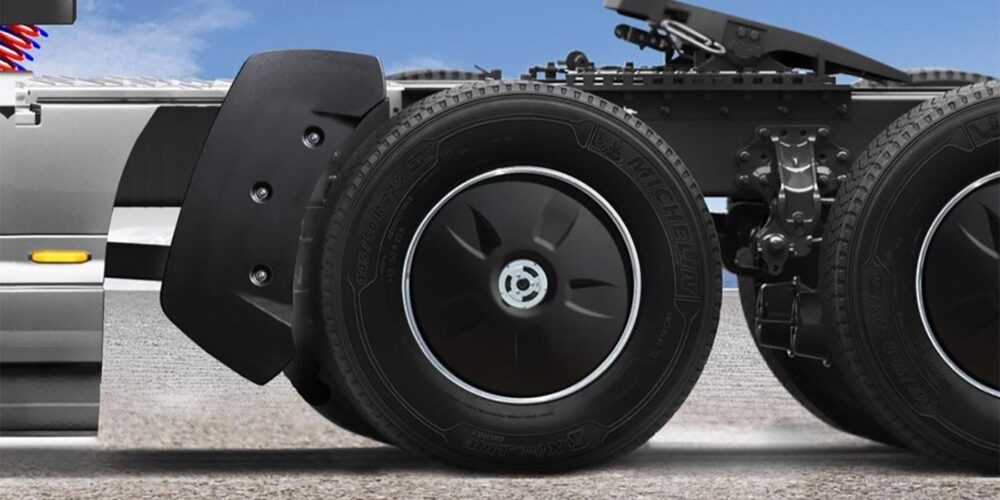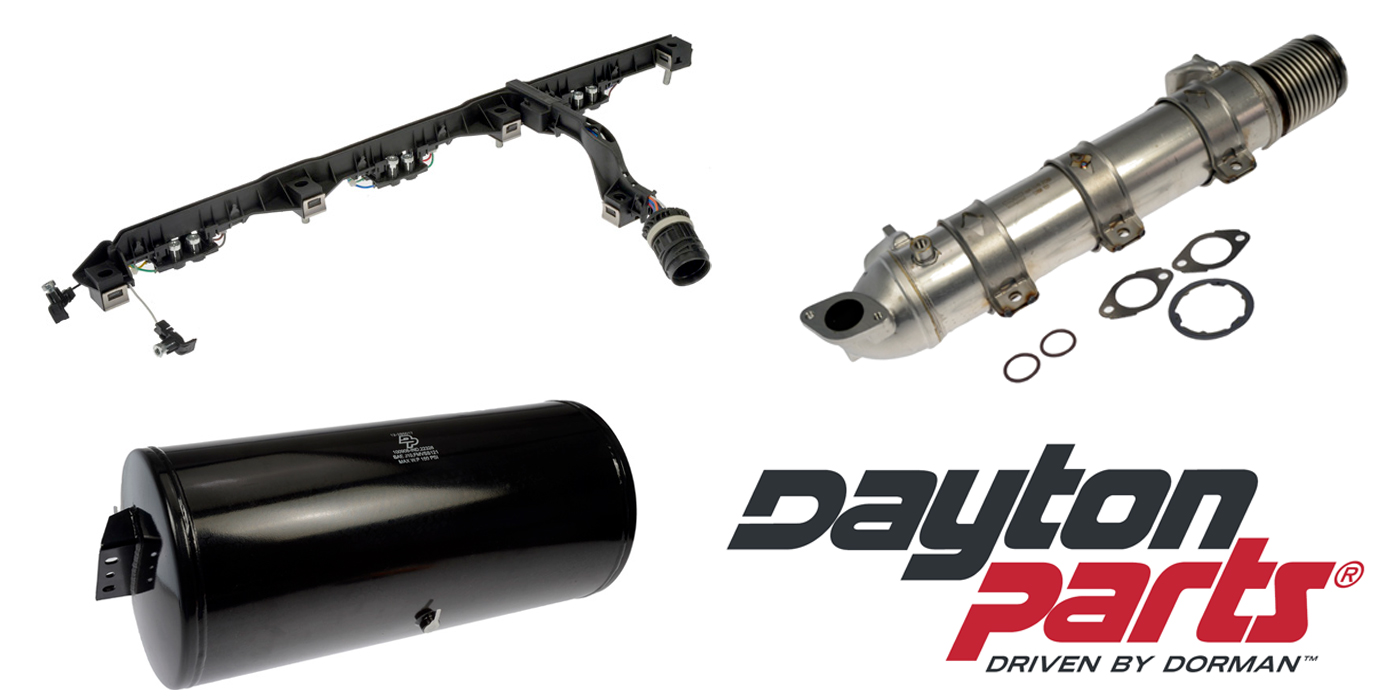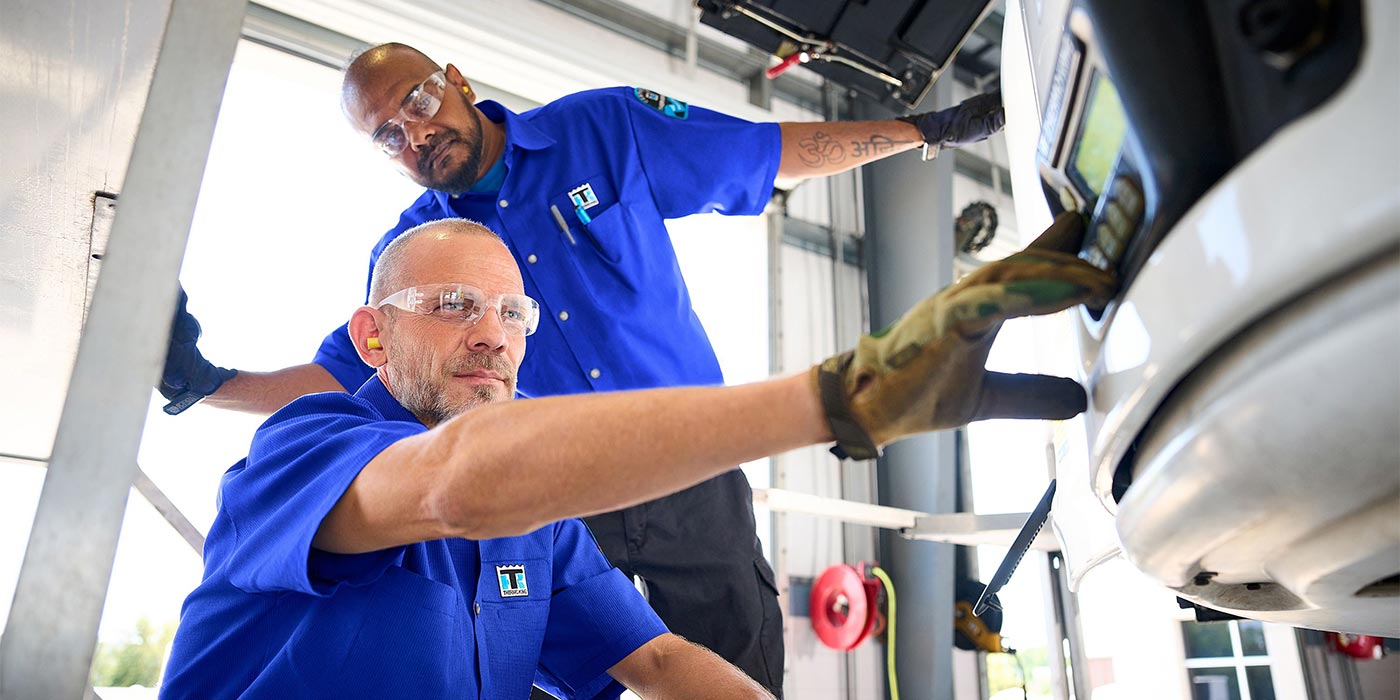I returned from the recent TMC Annual Meeting with a wealth of information about different types of biofuels and their use. In a presentation I gave to the S.3 Engines Study Group I urged attendees to be patient until our scientists (not legislators, lobbyists or politicians) have the opportunity to sort things out and point us in the right direction. A lot has happened in the last two months.
First, the Environmental Protection Agency (EPA) is beginning to take input from other sources. At a recent convention, the director of the Office of Transportation and Air Quality said the EPA’s emphasis would now shift from nitrogen oxide and particulate matter emissions to concern about carbon dioxide (CO2) levels in the atmosphere. (Finally! Concern about global warming, which usually means better fuel efficiency.) The EPA administrator recently refused to allow the state of California a CO2 waiver. This means California, in particular the California Air Resources Board (CARB), cannot set more stringent CO2 standards than the rest of our nation. Corporations shouldn’t have to divide limited R&D resources developing technology to meet two different CO2 standards –– it takes time and drives up costs.
You may never hear this from me again, but I want to formally applaud the EPA for taking a reasonable stance on both of the above issues.
At a recent hearing, the U.S. Senate Energy and Natural Resources Chairman (a Democrat) and a ranking Republican member of that committee stated that they are nervous about deadlines and provisions of the 36 billion gallon biofuels mandate included in the energy bill President Bush recently signed. They fear the aggressive timetables could actually harm the biofuels industry rather than help, because these timetables are forcing many providers to decide what technology and feed stocks they will utilize now in order to ramp up to production. This could effectively shut the door on the development of newer, more effective methods of producing renewable fuels.
Along with this is the fact that we learned at the TMC that there have been many instances of off-spec biodiesel blends (S.3 Study Group members are asking for biodiesel blend specs). We also learned recently that the Department of Energy (DOE) recently slashed the proposed 2009 budget for advanced combustion engine R&D by 30 percent. The government stands to look really stupid if it doesn’t look at these issues more scientifically and less politically.
Scientists recently began to look at alternate fuels using life-cycle analysis (LCA). This means they will consider everything about each biofuel before they decide which technology is most beneficial to everyone. They want to consider such items as the energy required to produce the biofuel, whether or not planting crops to produce this fuel would interfere with our food supply, the effect of the biofuel on our atmosphere, and how energy efficient is the resultant product.
Corn-based ethanol, in particular, has a lot of trouble with LCA. De-pending on the method of analysis, corn-based ethanol either decreases greenhouse gases (GHG) 20 percent or increases them as much as 90 percent. Ethanol produced from sugar cane reduces GHG two-and-a-half times better and ethanol produced from cellulosic (paper) sources four-and-a half times more effectively than ethanol from corn. Ethanol also gets significantly less fuel economy than gasoline. This is why our politicians must give our scientific community a little more time to determine the appropriate course of action.
Biodiesel has similar issues. Americans have utilized soy bean derived biodiesel. Europeans insist that rapeseed derived biodiesel is twice as effective. Neither biodiesel reduces GHG as much as biodiesel produced from biomass to liquid (BTL) technology. Again, we need to give our scientists sufficient time to properly develop second-generation biodiesel fuels which don’t interfere with our food supply.













